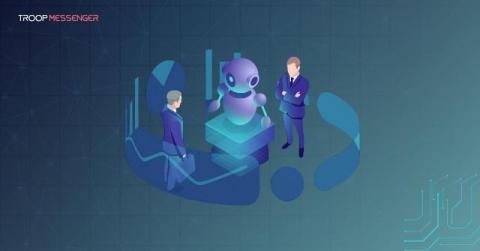Element X is now available with LTS ESS 24.10
We’re excited to announce the release of ESS 24.10, the latest Long-Term Support (LTS) version of the Element Server Suite! This is an important milestone as it brings Element X to customers who require the six monthly LTS releases of ESS.











